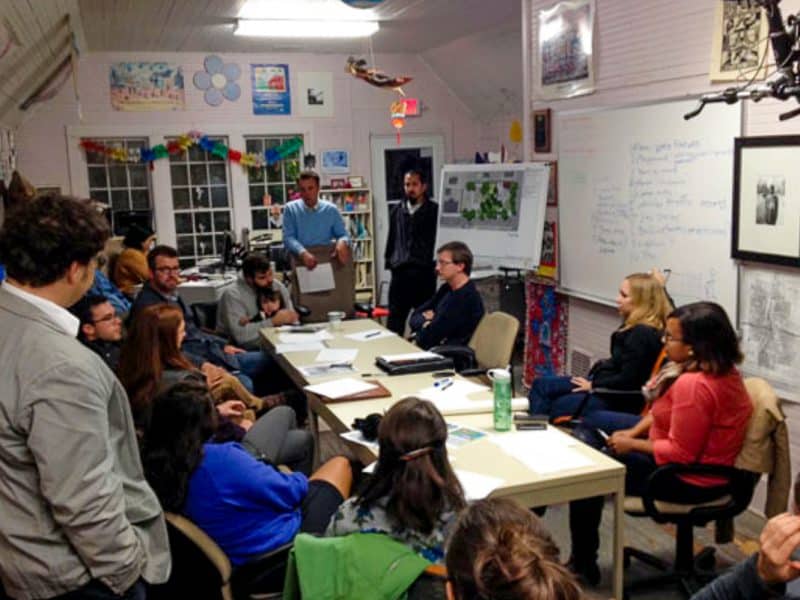GRCC awarded $4 million grant to train low-income Grand Rapids residents for green jobs
“Absolutely thrilled” is the way Grand Rapids Community College’s Judith Larsen described her reaction last week when she learned the college was one of only 30 applicants among hundreds in the nation to receive a coveted “local” $4 million grant to train urban residents for “green” jobs of the future.
By Sharon Hanks
“Absolutely thrilled” is the way Grand Rapids Community College’s Judith Larsen described her reaction last week when she learned the college was one of only 30 applicants among hundreds in the nation to receive a coveted “local” $4 million grant to train urban residents for “green” jobs of the future.
The federal stimulus “Pathways out of Poverty” grant from the U.S. Department of Labor will be used to train an estimated 1,000 low-income Grand Rapids residents for high-growth “green” industry jobs, such as those in energy efficient building construction and retrofit, renewable energy, energy efficiency, green facilities management and advanced battery manufacturing.
Grants totaling $150 million were made possible after President Barack Obama signed the American Recovery and Reinvestment Act of 2009 to preserve and create jobs, promote the nation’s economy recovery and assist those most impacted by the recession.
“It’s really a significant amount of money,” says Larsen, the college’s director of grant and resource development who was very involved in the application process. “We knew this was a highly competitive program. Only seven (grants) went to a community college so we’re one of a select group. I think it speaks well to the strength of our partnerships. It’s a substantial investment in our community.”
Larsen credited the dedication of GRCC’s partners who “worked really hard” on the grant’s application with a “very extensive proposal.” According to the program guidelines, the grant will be used to “integrate existing and new education/job training, placement, retention and support service programs to assist the target populations with attaining and retaining employment in high-growth green industry occupations.”
Larsen says that targeted group is unemployed workers, high school dropouts and individuals with a criminal record. They must reside in the city of Grand Rapids General Targeted area, an area defined by the city as older, lower-income neighborhoods.
Larsen says 24 percent of the population in the GTA lives at or below the poverty rate and 33 percent adults have not graduated from high school.
“The largest component of the program is that every partner will employ career coaches or educational/training specialists assigned to work one-one-one with the students to make sure they’re moving through the system in the best way possible so they can reach their career goals,” Larsen says.
A recruitment effort will be launched this summer to identify 2,500 participants. All will be assessed to determine their educational needs and the best job training placement. About half will be referred to programs aimed at helping them overcome employment obstacles, such as poor English language skills, health issues, poor work record or illiteracy, she says, adding “Everyone will get served in some way.”
Michigan’s share of the Pathways out of Poverty grants totaled $11.6 million, the most of any state, according to the U.S. Department of Labor announcement. Mott Community College in Flint was awarded $3.6 million and Southwest Housing Solutions Corp. in Southwest Detroit received $4 million.
GRCC’s key partners in this endeavor are Goodwill Industries of Greater Grand Rapids, Literacy Center of West Michigan, Women’s Resource Center, Michigan Works! Kent/Allegan Counties, Cascade Engineering, Manpower, Rockford Berge and Cassie Stern Health Care Workers Education and Training Center.
Sources: Judith Larsen, Director of Grants and Resource Development, Grand Rapids Community College; Vicki Hudson, GRCC’s Communications Department; U.S. Department of Labor website.
Sharon Hanks is innovations and jobs news editor at Rapid Growth Media. She can be contacted at sharon@rapidgrowthmedia.com. .









